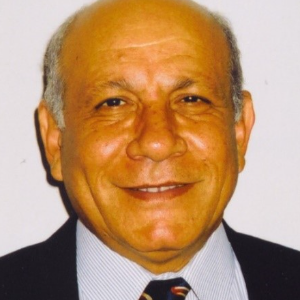Enhanced Oil & Gas Recovery
Primary, secondary, and tertiary oil production are the three stages of oil production (also known as Enhanced Oil Recovery) (EOR). Thermal, chemical, and fluid phase behaviors effects are used in EOR processes to diminish or remove capillary forces that trap oil within pores, thin the oil or otherwise improve its mobility, and change the mobility of the displacing fluids. Enhanced oil recovery is a prominent branch of petroleum engineering that deals with applying physics to improve the oil recovery of petroleum reservoirs using various strategies. Enhanced oil recovery entails injecting things into the reservoir that aren't normally there, such as CO2, steam, or chemicals. After initial production or waterflooding, EOR can begin.
- Microbial Enhanced Oil Recovery (MEOR)
- Chemically Enhanced Oil Recovery
- Primary, Secondary, And Tertiary Oil Production
Committee Members

Anthony J Sadar
Environmental Science Communication, LLC, United States
Selim Sanad Shaker
Geopressure Analysis Services, United States
Sharma Dronamraju
AKD Professional Solutions Inc., United States GOPE 2026 Speakers

Ross Cygan Taylor
North Sea Transition Authority, United Kingdom
Saleh Alqahtani
Saudi Aramco, Saudi Arabia
Abdulrahman Bahashwan
Saudi Aramco, Saudi Arabia



Title : The Vacuum Insulated Heatable Curtain (vihc): From conceptual invention to market deployment as a cost-effective dual solution for window heat loss reduction and localised radiant comfort
Saim Memon, Sanyou London Pvt Ltd, United Kingdom
Title : Transforming waste plastic into hydrogen: Progress, challenges, and future directions in pyrolysis-based integrated pathways
Nur Hassan, Central Queensland University, Australia
Title : Unlocking UKCS potential through collaborative well interventions
Ross Cygan Taylor, North Sea Transition Authority, United Kingdom
Title : Driving excellence in marginal field development and operations through an integrated smart strategy to unlock challenging sour oil
Sharina Al Muhairi, ADNOC Onshore, United Arab Emirates
Title : Innovative solutions for accurate and efficient gas monitoring
Raysa Bani Ibrahim, Abu Dhabi National Oil Company, United Arab Emirates
Title : Innovative solutions for accurate and efficient gas monitoring
Mariam Alzaabi, Abu Dhabi National Oil Company, United Arab Emirates